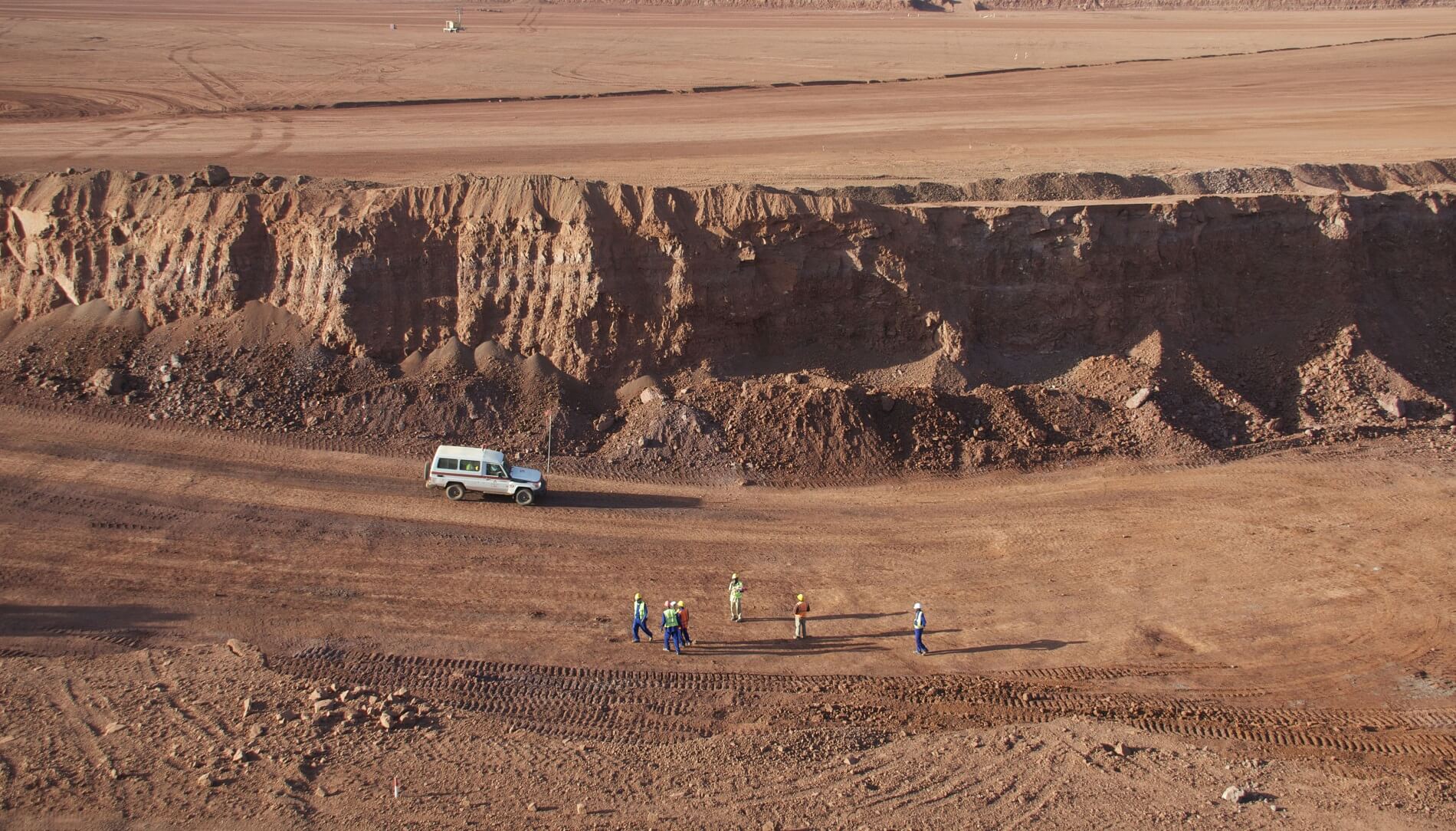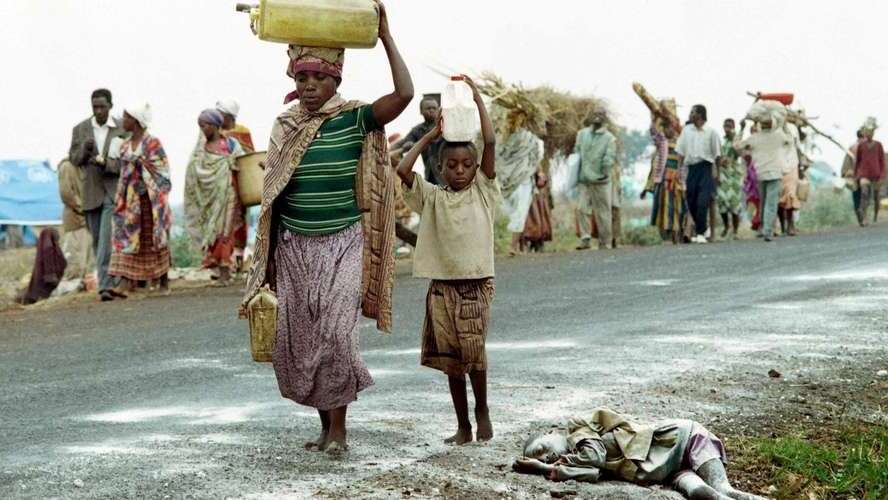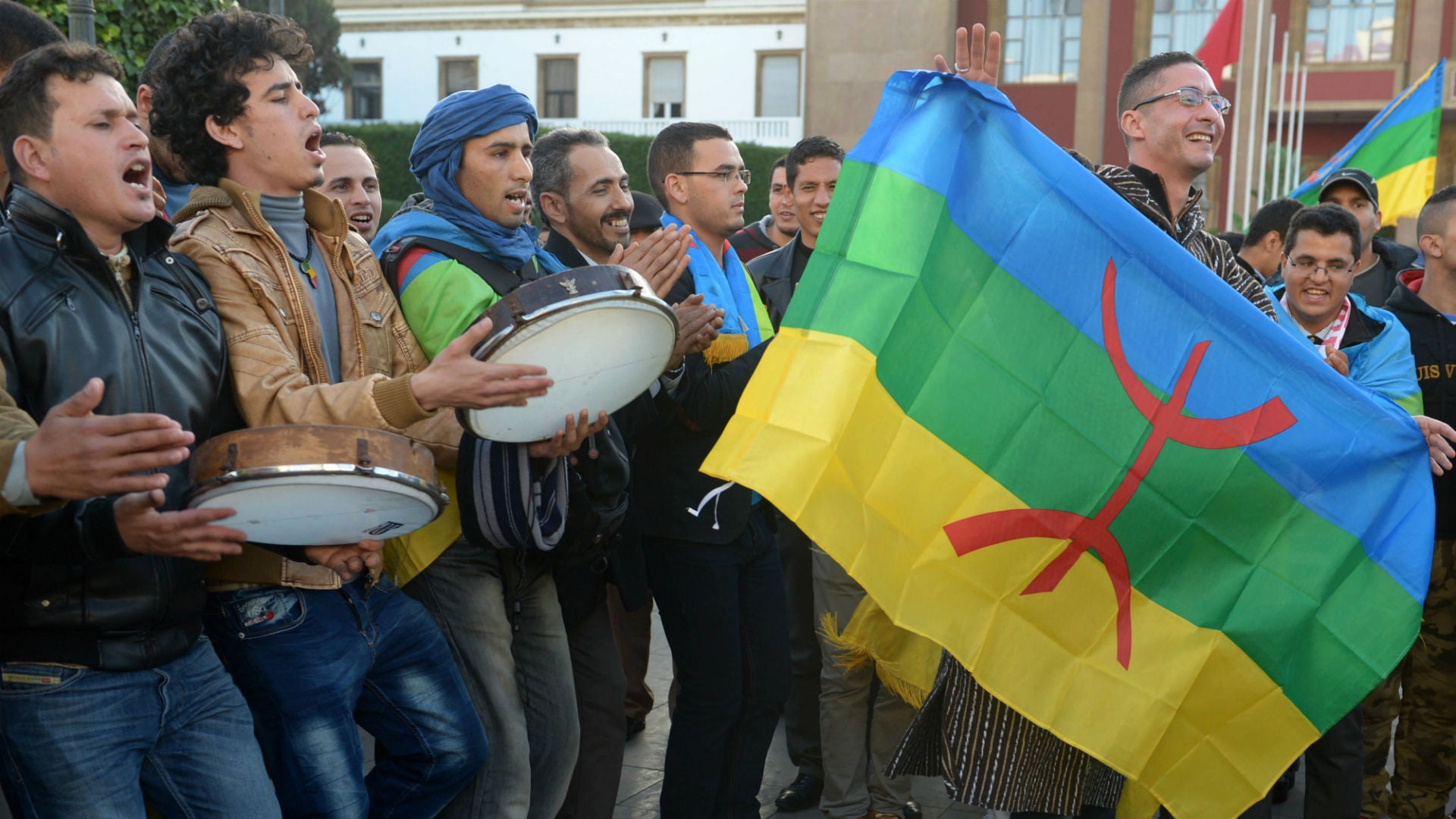
Niger: Orano forced to suspend uranium production in Arlit
October 31, 2024 will mark an important date for the uranium sector in Niger. The French giant Orano, the world leader in the exploitation of this rare metal, has decided to suspend its activities at the emblematic Arlit site in the north of the country. This announcement, made on October 23, marks a turning point in the already tense relationship between Niger and the French company since the July 2023 putsch. What seemed to be a local diplomatic and political crisis is now taking on global economic and energy proportions.
An industry blocked by border closures
The decision to suspend production does not come as a complete surprise. Since the military coup that overthrew democratically elected President Mohamed Bazoum in July 2023, relations between Niamey and its international partners, including Orano, have deteriorated considerably. The cause: the closure of the borders between Niger and Benin, a vital route for the export of uranium mined in the Niger desert.
Exports from Somaïr, the Orano subsidiary that operates the Arlit site, are blocked on site. As a result, 1,050 tonnes of uranium, representing an estimated market value of 300 million euros, are immobilized. This stock, which is impossible to transport, is becoming a growing financial burden for the company, already undermined by the political and economic events of recent months. "Despite all efforts to resolve the situation, all our proposals have remained unanswered," Orano's spokesperson told Agence France Presse.
A “distressing” but inevitable decision
The suspension of uranium production in Arlit, a region that has for decades symbolised Niger's central place in the global uranium supply, is seen by Orano as a "distressing" but unavoidable decision. Indeed, Somaïr's financial difficulties continue to worsen. The company has already faced several setbacks since the coup, starting with an initial suspension of production between September 2023 and February 2024, due to the inability to bring in essential chemical inputs to maintain activity.
Moreover, in June 2024, the Nigerien government revoked Orano’s permit to exploit the Imouraren deposit, a further blow to the company, which posted a loss of €133 million in the first half of the year. This series of setbacks was compounded by the adoption in September 2024 of a government plan to create a new state-owned uranium company, without further details on its operation or objectives. It seems clear that the authorities in Niamey are seeking to reorganize, if not nationalize, their key natural resources sector.
Uranium, a strategic issue for Niger and the world
Niger’s uranium is a strategic resource, not only for the country, but also for many international powers. Orano, formerly Areva, has long dominated the sector in Niger, with deposits such as Arlit providing a significant share of the world’s uranium. The ore is essential for the nuclear industry, used to produce energy in Europe and elsewhere, as well as in military arsenals.
The suspension of production at Arlit could therefore have repercussions well beyond Niger’s borders, disrupting global supply chains for this precious resource. For now, however, no solution seems to be emerging. The putschist government of Niger, isolated by the international community, remains deaf to Orano’s proposals and continues to refuse to open the border with Benin, which is essential for exports.
An uncertain future for Orano and the uranium sector in Niger
As the French company seeks solutions to resume its activities, the future of the uranium industry in Niger appears increasingly uncertain. The creation of a new state-owned uranium company could mark Niger's desire to regain control of its natural resources, in a move that recalls the desire of many African countries to free themselves from Western economic domination.
Orano, for its part, will have to redouble its efforts to avoid seeing its investments in Niger reduced to nothing. The company has already invested considerable sums in the country, particularly in mining infrastructure, and the loss of access to the deposits could have serious financial consequences.
Niger, which derives a significant portion of its revenue from uranium, must juggle its ambitions for economic sovereignty with the need to maintain its relations with major players such as Orano. The situation remains in suspense, with crucial decisions to be made in the coming months, both by the Nigerien government and the French company.



Leave a comment
This site is protected by hCaptcha and the hCaptcha Privacy Policy and Terms of Service apply.